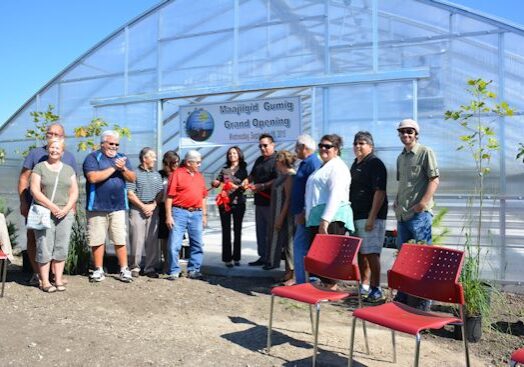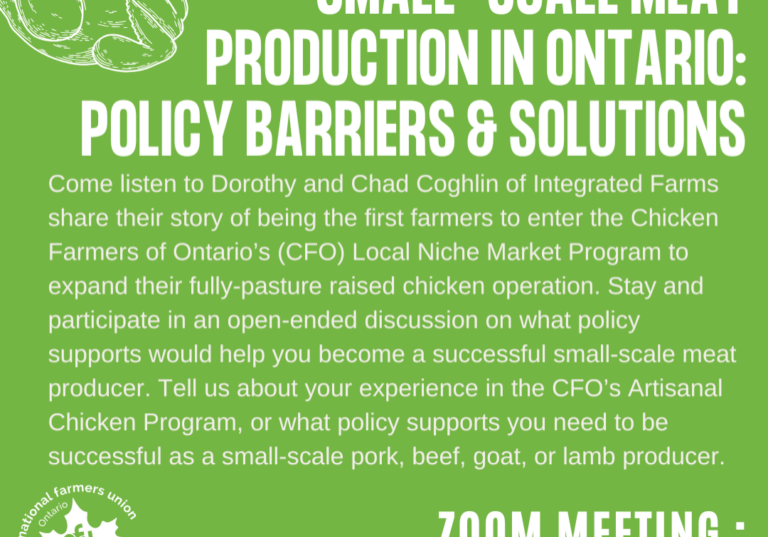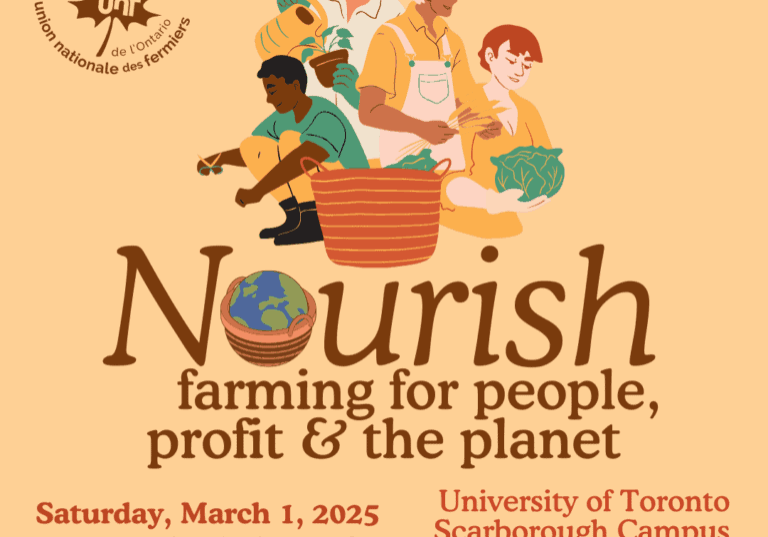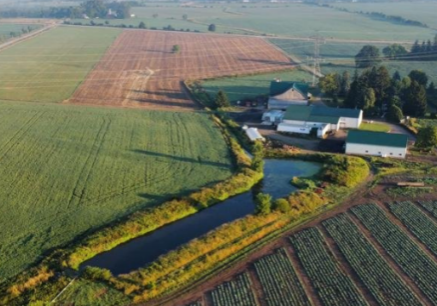Whose seed?

National Farmers Union – Ontario Newsletter
The Rural Voice | January 2019
Seed Synergy, the corporate seed industry lobby group, is pushing the federal government for new regulations under the Plant Breeders Rights (PBR) Act that would make farmers pay royalties on seed every year even when we use farm-saved seed (FSS). If successful, the seed corporations expect to collect over $100 million dollars more from farmers annually.
In late 2018 AAFC consulted on two approaches to collecting FSS royalties. An End Point Royalty system would charge a per-tonne royalty on crops harvested from FSS. Trailing Contracts would require farmers who buy certified seed to pay an annual royalty on their future use FSS from the variety. The FSS royalties would be paid to the company and apply to varieties registered since February 2014 when Canada’s PBR Act was amended to conform to UPOV ’91. FSS royalties are planned for wheat first. Pulses and other crops would be added later. Payment of FSS royalties would be enforced by the courts.
The National Farmers Union opposes both End Point Royalties and Trailing Contracts. Instead, we stand for the inherent right of farmers — derived from thousands of years of custom and tradition—to save, reuse, select, exchange, and sell seeds.
AFFC and the Seed Synergy groups say FSS royalties are needed to reward private investment in plant breeding. In fact, FSS royalties are designed to tighten corporate control over seed. To achieve this, new regulations would eliminate part or all of the farmers’ privilege under the PBR Act and make it so farmers would need seed company permission to legally plant FSS. The company could say “yes, if you pay a royalty” or “no, you must buy new seed every year.” We have seen the result of corporate control of seed in patented GMO crops like corn and canola: prices have shot up, and there are fewer unpatented varieties available.
Public plant breeding has served Canada well. The return is estimated at $11 for every dollar invested in cereals breeding. This is an excellent use of public funds! These returns accrue to farmers, rural communities, and the whole of the Canadian economy. Farmers also invest in plant breeding through check-off organizations where elected farmers decide how to spend research dollars, directing funds to solve problems that farmers prioritize. In contrast, seed corporations are accountable only to their shareholders. Only a small portion of royalties goes to research, the rest goes to advertising, lobbying, and profits. Seed Synergy member CropLife Canada, the lobby for biotech and chemical companies, is undoubtedly looking to package new varieties with chemical inputs as a way to increase their sales and revenues.
Whose seed? Our seed!
The NFU is working hard to oppose royalties on FSS. The latest information is at nfu.ca/campaigns/save-our-seed/ You can also talk to your neighbours and friends about this, write letters to the editor of your local and farm papers, phone call-in shows, etc. If you would like to get more involved with the NFU’ s seed campaign, please email nfu@nfu.ca with “Seed Sovereignty” in the subject line.
Click here to view the PDF version.
A subscription to The Rural Voice is one of the benefits of being an NFU-O member








